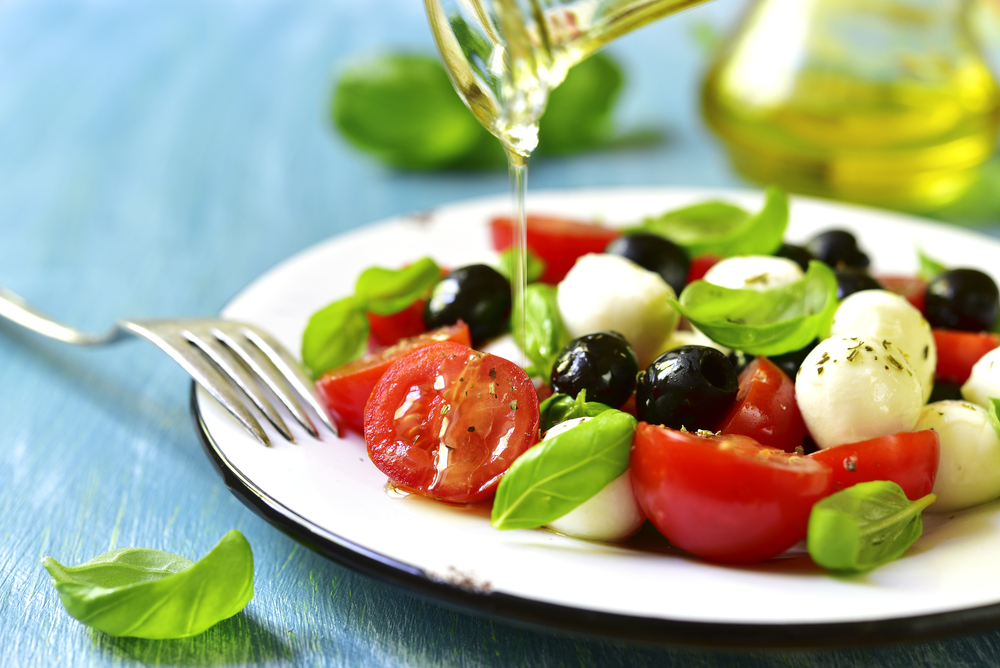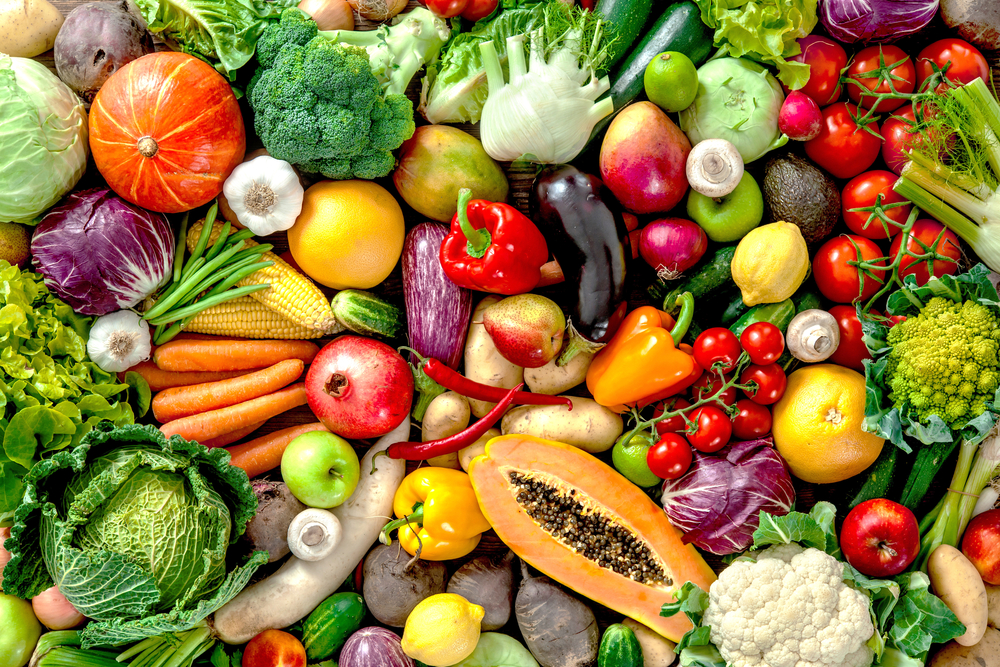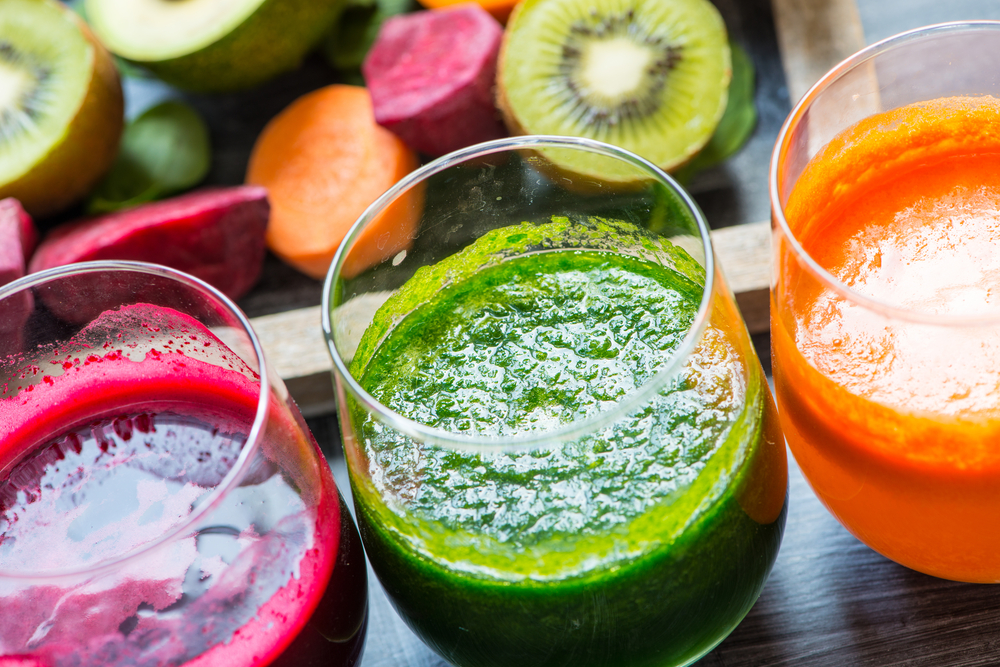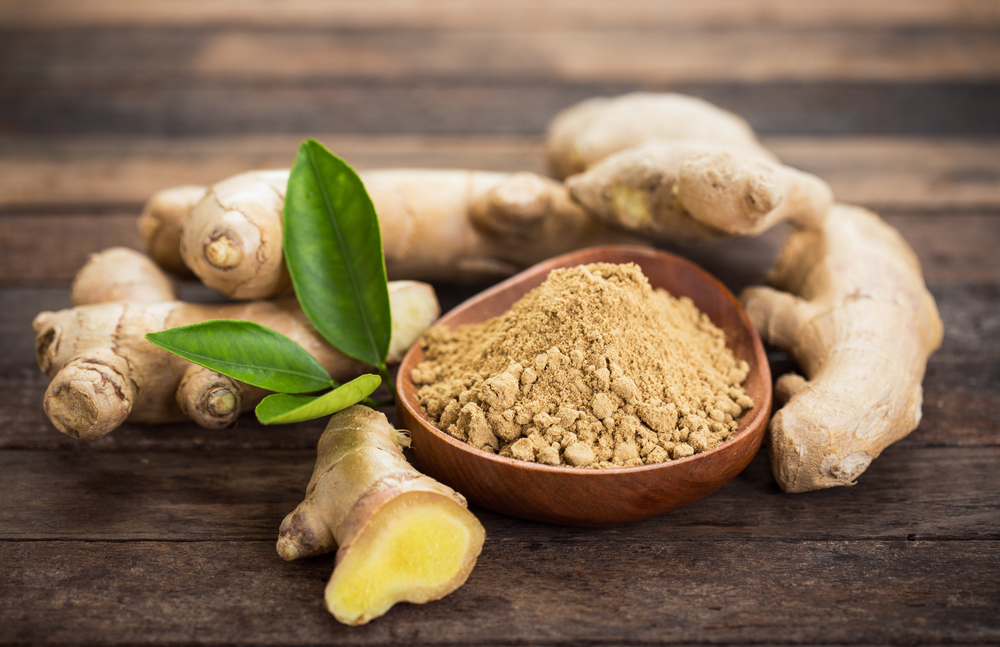“My husband has high blood pressure, and although it is being controlled fairly well with medication, he is keen to try to reduce this and also start living a healthier lifestyle, improve his diet and hopefully bring the readings down naturally. But where to start?! Any advice would be welcome.”
Clinical Nutritionist, Suzie Sawyer, answers.
Maybe your question was triggered by it being Men’s Health Week during June. However, it is a common question since high blood pressure is unfortunately common too. This doesn’t mean to say it’s ‘normal’ and it’s important to try to find the root cause, although sometimes there is a genetic link which may override diet and lifestyle.
That being said, it’s never too early or late to start taking better care of yourself and this message is clearly important for men who are not always as vigilant as women with selfcare. When it comes to high blood pressure, being overweight is a risk factor so do make sure his weight is right for him.
Try the Mediterranean diet

There is much research now on the benefits of the Mediterranean diet and heart health; it’s no coincidence that there are many people living much longer especially in Italy and Greece. Eating lots of oily fish such as salmon, mackerel, and sardines is a good starting point. Include plenty of pulses, nuts, small amounts of dairy, whole grains, loads of fresh herbs and colourful fruit and vegetables are key. Indeed, tomatoes are rich in lycopene which is known to support heart health.
Go for colour

Colour is key when it comes to supporting blood pressure. The reason for this is that colourful fruits and vegetables are high in antioxidants which help protect the arteries, particularly from atherosclerosis. They also include loads of vitamins and minerals needed to manage blood pressure. For example, magnesium is essential for helping control our heartbeat and also forms an essential part of a biochemical reaction involved in controlling blood pressure.
Managing inflammation

Fruits and vegetables contain a wealth of plant compounds that help to manage inflammation throughout the body generally. Inflammation can adversely affect the heart lining, encourage coronary heart disease, and also cause arrhythmia (irregular heartbeat) and raised blood pressure. Advise your husband to load up on the following: broccoli, tomatoes, beetroot, sweet potatoes, cauliflower, beans, peas, kale, asparagus, courgettes, and spinach. Interestingly, celery can help reduce blood pressure although you do need to eat quite a lot each day. Why not include it in a daily vegetable green juice?
Support kidney function through diet

There are actually several mechanisms that control blood pressure, one of them being the kidneys, hence a GP will often look at kidney markers when doing blood tests. Specific foods that support kidney health are blueberries, cabbage, onions, garlic, apples, and red peppers. Herbs such as parsley, ginger, and turmeric are also fantastic for the kidneys, all of which can be included in a vegetable juice.
Minimise sugar

It’s important to keep sugar levels to a minimum, which will also help maintain metabolic balance. In essence, advise him to avoid fizzy drinks (those with sweeteners are as just as bad), refined pastries, and cakes and cereals containing added sugars. You may need to become a label expert since foods that you wouldn’t expect to be high in sugar, often are.
The importance of regular exercise

Lastly, taking plenty of exercise is essential too; even a daily brisk walk can be extremely beneficial. However, one of the most effective ways of losing weight is by doing weight or resistance training, since this increases the body’s metabolic rate.
It may take a little while to make all these changes but that’s fine; if he gradually makes improvements to his diet and lifestyle then hopefully, they will be lifelong and effective.
























Add comment